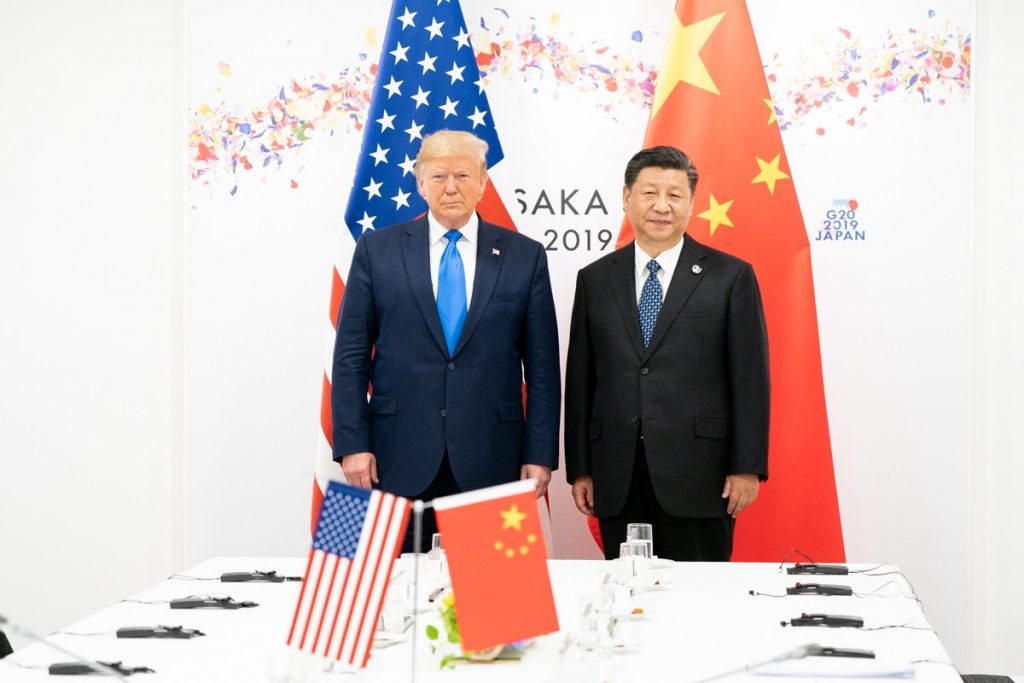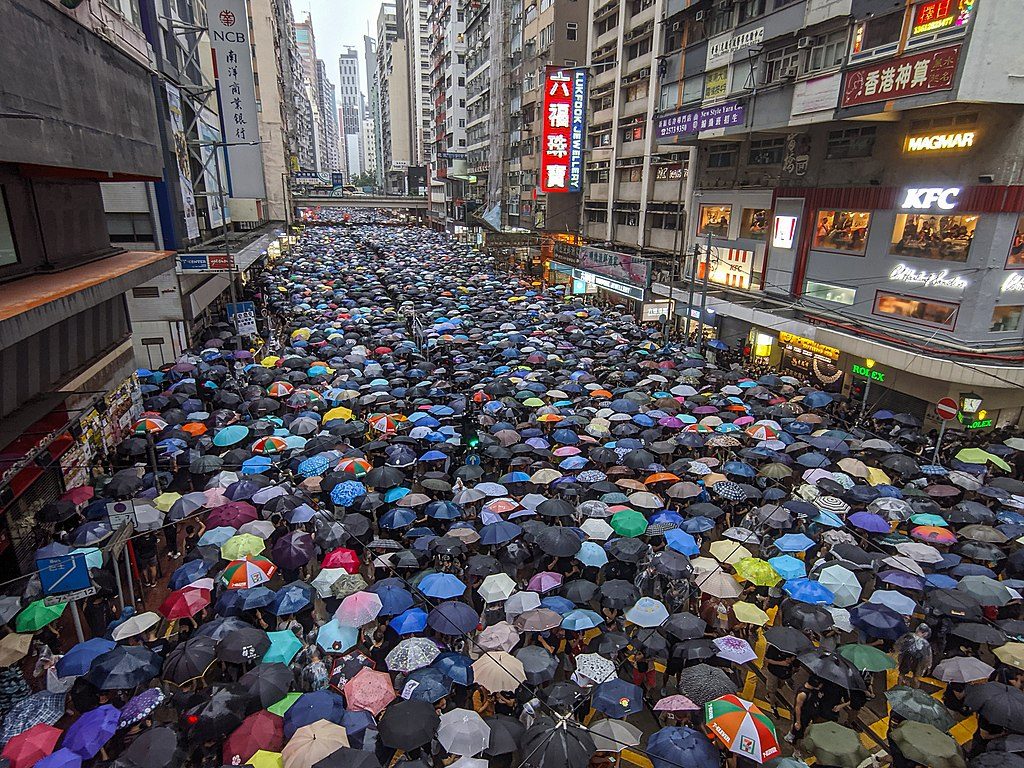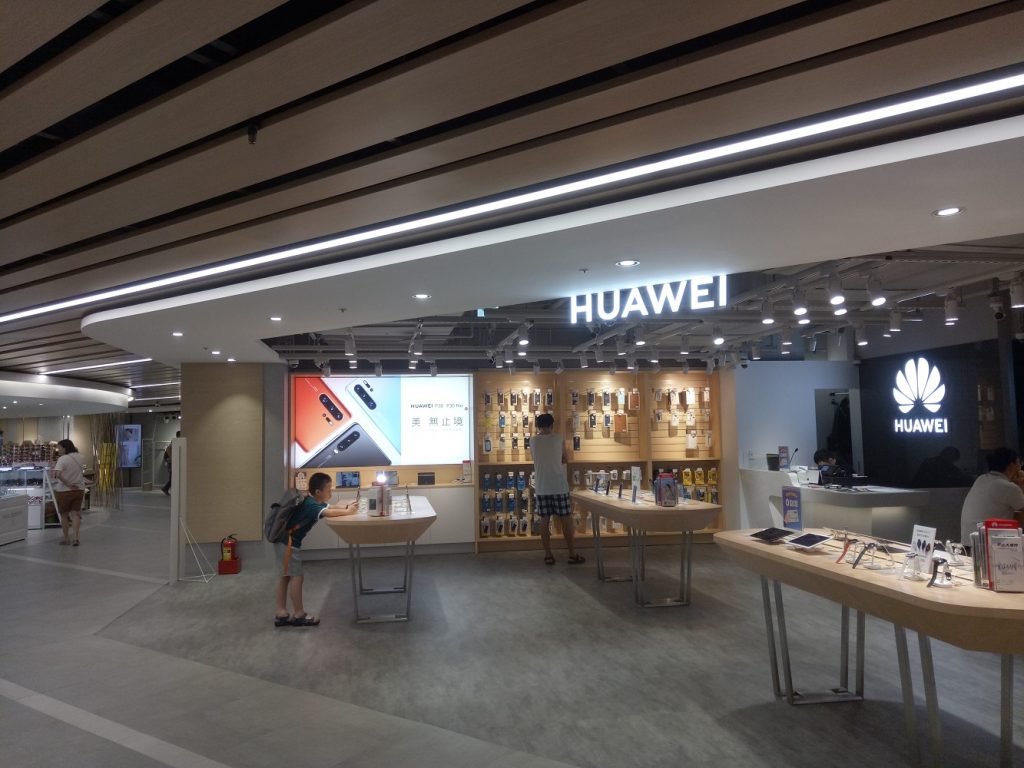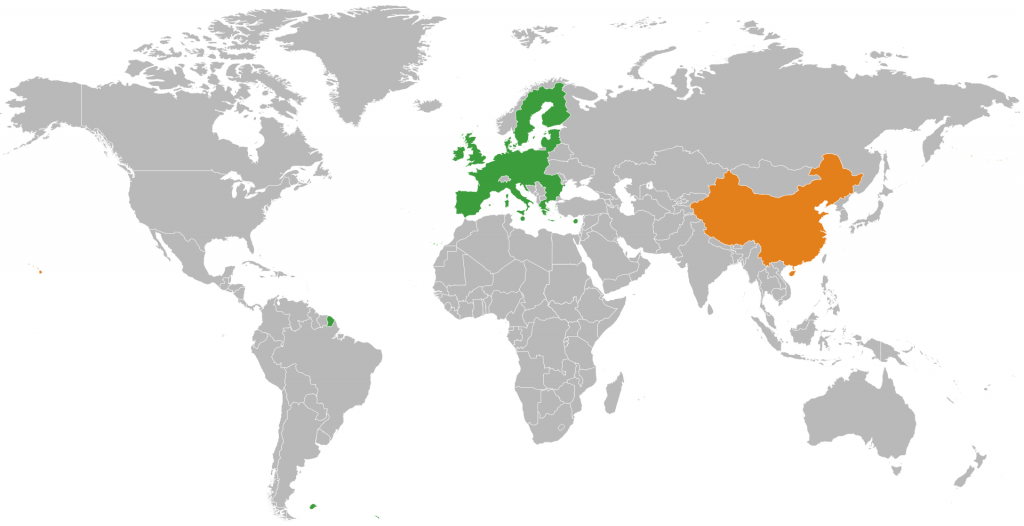Under its new leadership, the European Union has promised to step up its engagement on the world stage to ensure that it does not become a pawn in an escalating Sino-American great-power rivalry; to succeed, it will have to strike a careful balance between economic priorities and its own security, the former Swedish prime minister, Carl Bildt, writes.
Recognising that the European Union is facing a number of vexing challenges on the world stage, Ursula von der Leyen, the new European Commission president, has promised to lead a “geopolitical commission”. Echoing this sentiment, Josep Borrell, the new High Representative for Foreign Affairs and Security Policy, has challenged the EU to decide whether it wants to be a global “player” or just a “playground” for other powers. So, which way will Europe go?
Of all the challenges Europe faces, few are as important as forging a strategic policy for managing its relationship with China. The stakes are enormous. The EU is China’s largest trade partner, and China is the EU’s top trade partner after the United States, with bilateral trade exceeding USD1.1 billion per day.
China’s rise poses a challenge
Over the past few years, the US has adopted an increasingly aggressive approach to China. In fact, “confronting” China seems to be one of the few things that unite Americans politically nowadays, even though no single factor is driving US policy. President Donald Trump seems primarily concerned with the bilateral trade deficit, whereas the US security establishment worries about China’s ongoing military and technological development, which could eventually position it to challenge US strategic supremacy.
No one doubts that China’s rise poses a challenge to individual countries and the global balance of power. A world in which the Chinese economy has grown to twice the size of the US economy will be a very different place indeed, even without accounting for rising Chinese military spending. It is understandable that Americans are worried about no longer being the major global power – a position they have enjoyed since supplanting the British Empire over a century ago.

Nonetheless, how the US intends to confront this emerging new reality remains unclear. Some seem to believe decoupling with China, and pressuring other countries to do the same, can frustrate the growth of the Chinese economy, potentially creating the conditions for political or even regime change. Others are sceptical of this strategy and would prefer more narrowly defined policies geared toward changing specific aspects of Chinese domestic and foreign policy. This approach is less glamorous, but it is also more traditional.
It takes two to tango
In any case, gut reactions have so far been winning out over careful deliberation, and this will probably remain true for some time to come. The US wants the EU to fall into line with its position; but other than making that demand clear, it has pursued almost no strategic dialogue with Europe on the issue.
Meanwhile, the debate over China within the EU has been heating up. China may no longer have a Marxist economy, but it certainly still has a Leninist political system. For good reason, many Europeans are sensitive to issues of human rights in Hong Kong, Xinjiang and elsewhere. Europeans are also rightly worried about economic issues. As the European Commission warned earlier this year (under its previous leadership), China is “an economic competitor in the pursuit of technological leadership, and a systemic rival promoting alternative models of governance”. This language represents a sharp departure from that of previous official EU communiqués.

The next year will be critical. In addition to a regular EU-China summit in Beijing in April, the Chinese and European heads of state will hold a special meeting in Leipzig, Germany, next September. An important test for the relationship will be whether the two powers can conclude a comprehensive investment agreement more than six years after starting negotiations. Given these looming opportunities for dialogue, the EU could pursue strategic engagement, rather than broad confrontation, with China. But it takes two to tango, and much will depend on how Chinese policies develop in the meantime.
Europe’s best response is to become more competitive
Putting aside trade and investment questions, the EU must be less complacent with respect to the security challenges that China poses. EU member states should step up their freedom-of-navigation tours in the South China Sea and the Taiwan Strait. And there clearly needs to be more scrutiny of Europe’s growing technological dependence on China in critical areas like 5G infrastructure.
That said, Europe’s best response to China’s growing technological might is to become more competitive in its own right. Should the EU fail at that, no barrier will be high enough to shield it from China’s growing influence. That applies not just to Europe, but also to the US over the long run.

Few observers expected China to transform suddenly into a full-fledged democracy following its accession to the World Trade Organization in 2001. But the country’s repressive turn over the past decade has nonetheless been disappointing to witness. State-owned enterprises are still favoured, books are burned, and the Communist Party of China continues to assert its primacy in every domain of Chinese life. How long this will last is anyone’s guess. Dynasties come and go, but in 2021 the CPC will mark the centenary of its founding. Under its rule, China has swung between starkly different models of development.
Whatever happens, China is not going away, and tackling issues from climate change to the unravelling of the global trade system will require its participation. Accordingly, a policy of critical and constructive strategic engagement seems like the most sensible way forward for the EU. Pursuing such a policy in dialogue with the US would redound to everyone’s benefit. But, at the end of the day, the EU must choose its own path.
Copyright: Project Syndicate, 2019.
The opinions in this article are those of the author. Cover: The EU and China on a global map (Wikipedia).

